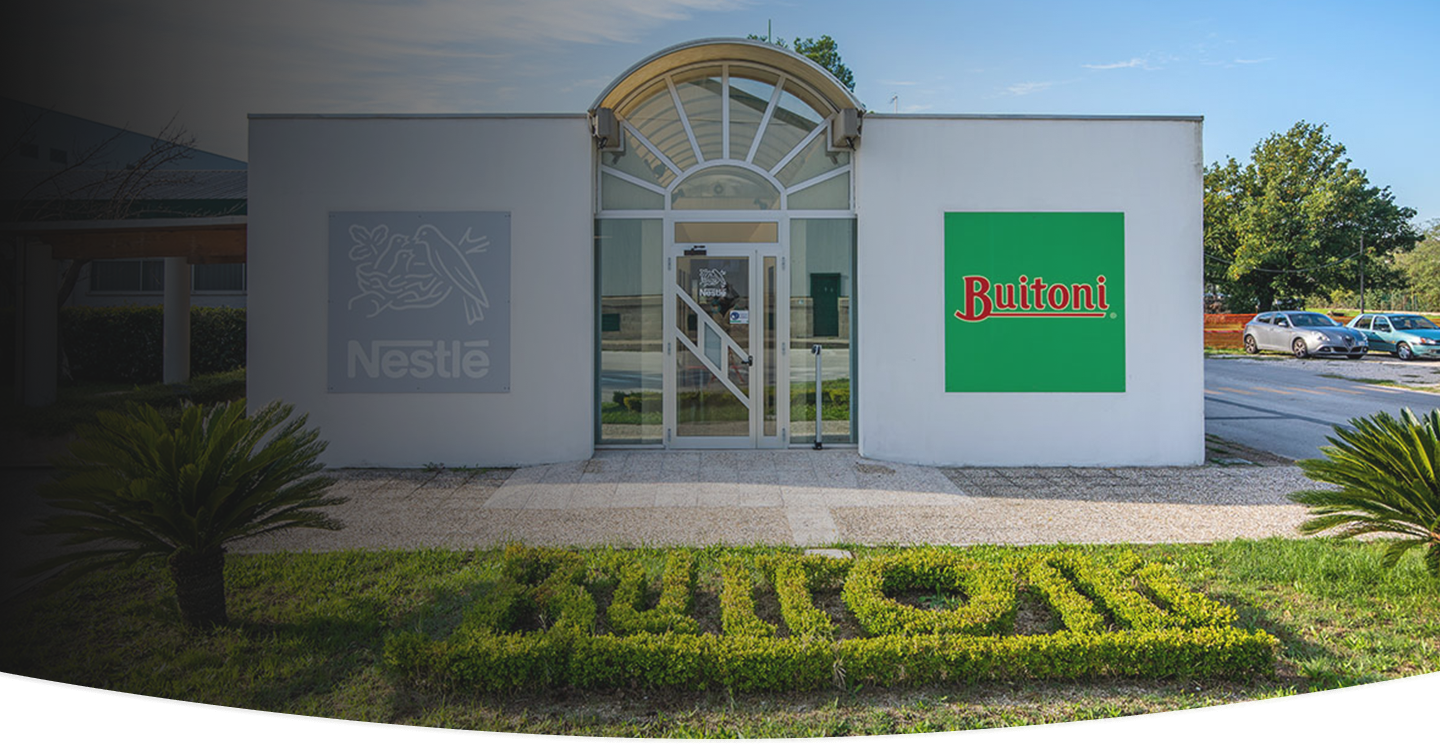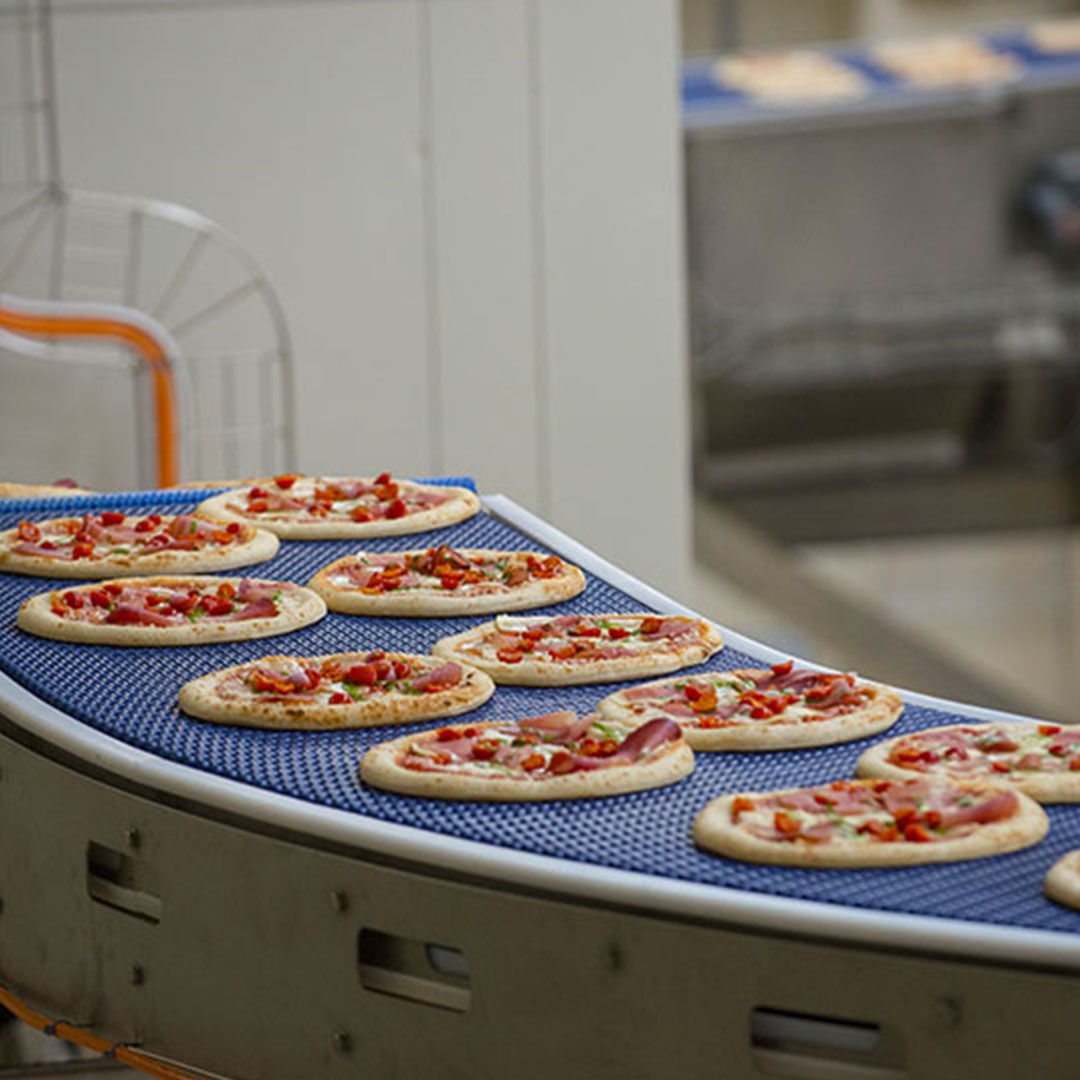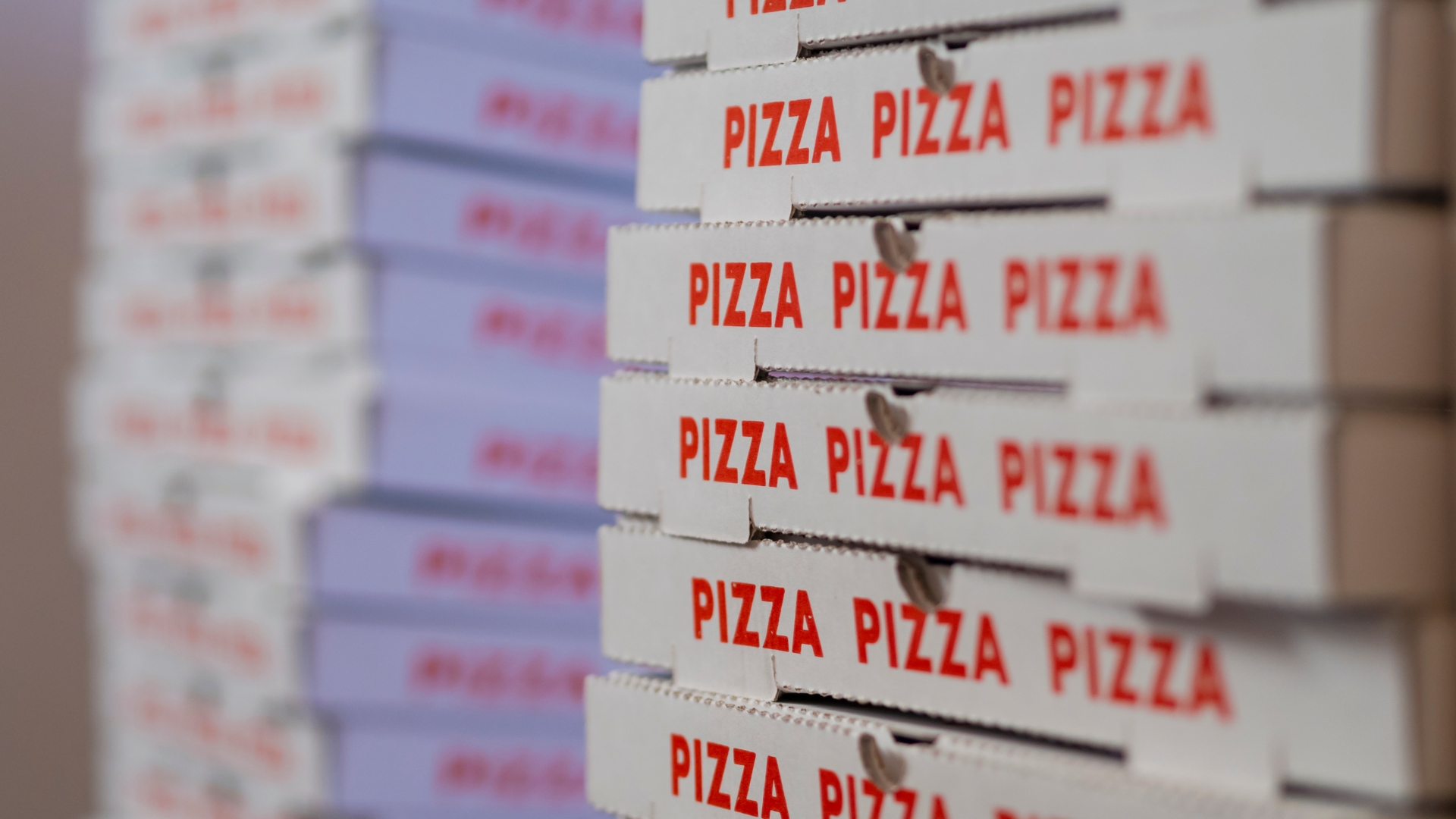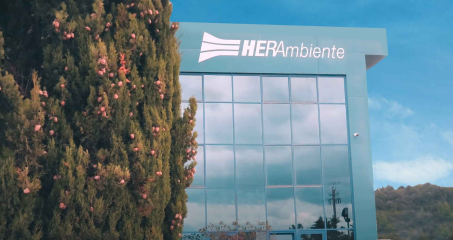
Nestlé and Herambiente collaborate on the sustainable management of paper and cardboard waste
Together to manage paper and cardboard waste sustainably
The Km0 Cardboard project: a perfect example of circular economy
A paper and cardboard recycling programme that brings double benefits: not only does it recover valuable resources, but it also creates economic value for the region, in this case Campania. The Km0 Cardboard project encapsulates this vision, developed by Nestlé Italia at the Buitoni plant in Benevento, in partnership with Herambiente Servizi Industriali (a subsidiary of the Hera Group and the waste management provider for all of Nestlé's Italian plants) and various stakeholders in the local recovery, recycling and packaging manufacturing sectors. The Km0 Cardboard project is a tangible example of circular economy at a local level: the cycle begins, ends, and begins again in the same location. The concept is simple and circular: to recycle locally all 300 tonnes of paper and cardboard waste produced annually at the Benevento plant (at the international Buitoni pizza hub) and regenerate them into corrugated cardboard for packaging the pizza batches shipped to supermarkets across Europe. The cycle is closed and unfolds across the region of Campania, with a project protocol certified by Bureau Veritas to track and verify the use of recycled paper. All companies involved in processing Buitoni paper before it is turned into recycled packaging are based in the provinces of Caserta and Salerno: the transporter, the sorter, and the companies within 100% Campania Network, including the Cartesar paper mill and the A. Sada & Figli cardboard factory, from which the finished product is returned to the Benevento factory. The 100% Campania Network is a consortium of industry players within the paper recovery and recycling sector that have been working for years to turn waste into a valuable resource – not only environmentally but also economically. The Km0 Cardboard initiative contributes to saving around 280 kg of CO2 for every tonne of product, compared to the previous packaging solution. In addition to that, the initiative brings a host of far reaching benefits: lower emissions, a more localised value chain, higher employment levels and productive collaboration between businesses along the supply chain to minimise environmental impacts. These benefits are so significant and widespread that it is likely the investment required for the programme will be amortised almost immediately.

Circular economy best performer
The value of this project has been acknowledged by Confindustria, having won the 2020/2021 competition in the Large Manufacturing Enterprise category. This competition was conceived by Confindustria with the support of 4Manager and in collaboration with Enel X and Eni, with the aim of recognising companies that invest in technologies to grow their business sustainably and that have implemented innovative circular economy solutions.

Sustainability comes first
Buitoni's initiative is part of Nestlé Group's broader commitment to sustainability in Italy.
At a global level, Nestlé is engaged in a vast programme of actions with the aim of halving net greenhouse gas emissions by 2030 to reach zero by 2050 by working across the entire value chain: from raw material production and support to regenerative agriculture, production activities in factories, packaging and distribution, without forgetting the consumption phase, thus creating awareness among the public. Over the last 10 years, the Group has reduced emissions at its Italian production sites by 45%. In addition, all Nestlé plants in Italy and the Assago headquarters use 100% electricity purchased from renewable sources. Globally, by 2025 all 800 Nestlé sites worldwide will use 100% electricity produced from renewable sources.
Conscious and sustainable waste management therefore plays a fundamental role in this plan: in 2017, three years ahead of the global target, more than 90% of the waste produced in factories was sent for recycling, reuse or composting in Italy. The collaboration represents one of the main assets of Nestlé's sustainability strategy, working with partners around the world (scientists, research centres and universities, local communities, other companies, NGOs, governments, associations and institutions) to create lasting and impactful changes for people and the planet.
2022 data


